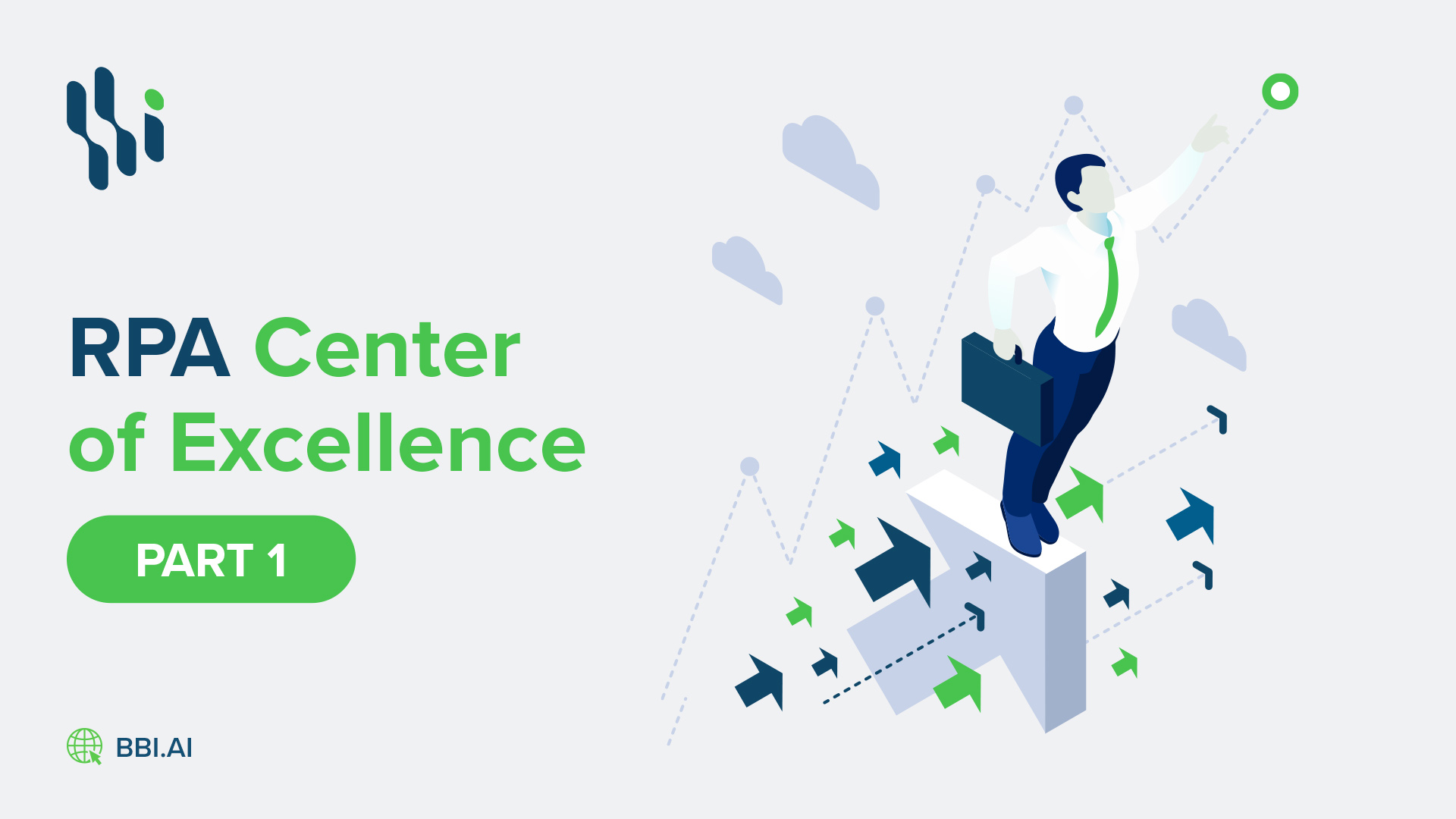

Part 1: What is a COE and Why would your Organization need it?
A Centre of Excellence is a part of the organization that offers leadership, best practices, research, support, and/or training for a specific area, in this series of articles, we will be focusing on Machine Learning and Robotic Process Automation (RPA).
Any organization that wants to alter its business should embrace and use a CoE. According to Gartner, a CoE helps businesses focus and align their current resources and expertise around a specific capability to accomplish and sustain world-class performance and value. A CoE encourages the company to collaborate across disciplines to effectively accomplish its objectives.
Teams inside an organization sometimes find themselves operating in silos as companies get increasingly complicated. In these situations, despite the fact that their talents have evolved, these teams nonetheless function independently of one another.
With a CoE in place, it is simple to pinpoint internal resources that might be combined and distributed across other groups. By pooling resources, businesses that cater to both business-to-business (B2B) and business-to-consumer (B2C) clients can operate more effectively as a whole.
A CoE establishes a framework so that its participants may assess their own performance, try new things, and push one another to be better. Its only goal is to spur innovation and advancement.
For instance, while implementing new accounting software, a CoE may be established in the accounting department. The team would be made up of accounting experts within the organization tasked with selecting the appropriate software, supporting the business during deployment, and educating staff.
Business intelligence would be another CoE that a corporation may establish. By utilizing innovative business techniques, this kind of CoE may be utilized to explore best business practices and assist the organization in gaining understanding of its goods, clients, and marketing campaigns.
CoEs are only employed in a few unique situations within an organization, but they are worth investigating when the company requires a certain set of skills, specialized expertise, or centralized management. A CoE will also benefit an organization when knowledge is hard to get by or where capability is homogeneous but nonetheless crucial to the operation.
Making sure that the professionals’ or experts’ labor doesn’t go to waste is crucial when it comes to CoEs. A CoE builds a framework that enables businesses to expand their efforts by developing a set of established processes that teams inside the company may use for certain projects.
A CoE also serves as a fresh baseline for business operations, making it simpler for these standardized procedures to spread to other areas of the firm. The CoE also establishes a framework that aids the company in scaling and maintaining these procedures moving forward.
Among the benefits a CoE brings to an organization include:
- Efficient use of resources
- Provision of quality products and services to customers
- Reduction in operation costs by eliminating inefficient practices and cutting implementation time for new skills and technologies
- Consistency in how companies offer services and create products
- CoE experts can help employees adapt to improve how they work, share effective techniques with one another, capture viable techniques, and support individual and team learning.
There are multiple steps to creating an effective CoE, we will cover these steps in later article

